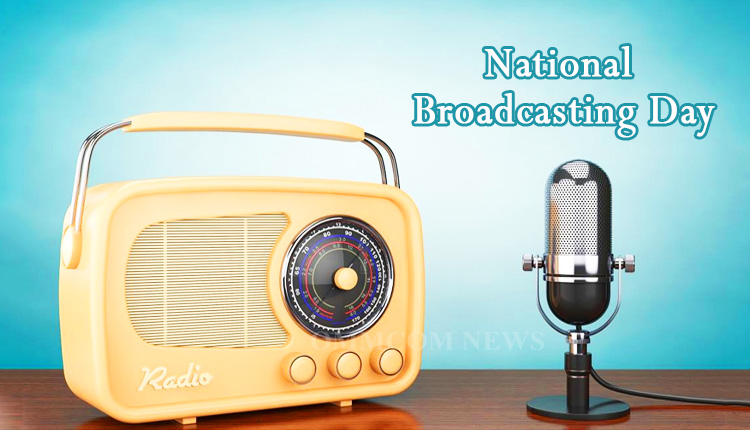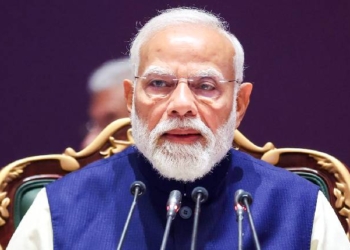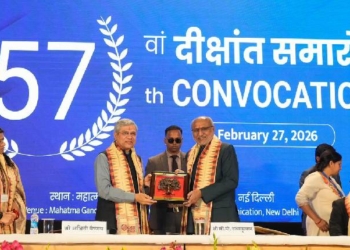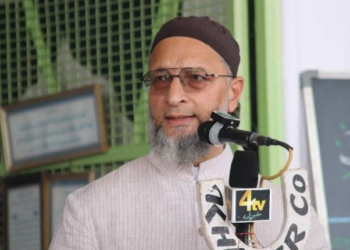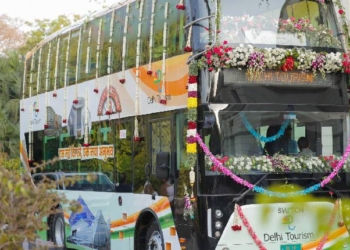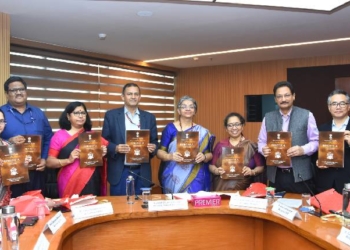Bhubaneswar: National Broadcasting Day in India is celebrated every year on July 23 to commemorate the humble beginning of radio services in the nation in 1927.
With dynamic progress in the communication sector through technological advancements, radio services are slowly losing their relevance in modern-day applications.
The introduction of televisions with cable connections, smartphones, the internet, and other sources of information have outsmarted the good old ‘Akashvani’ or ‘All India Radio.’ However, there was a time when it was the leading broadcasting medium.
Even today, radio plays a significant role in transforming information to the remotest corners of the nation, inaccessible by modern-day devices.
From alerting people about natural calamities to entertainment and broadcasting the famous ‘Mann Ki Baat’ of Prime Minister Narendra Modi, radio outshines its modern-day counterparts in terms of reliability and reach.
History & Significance:
On this day in 1927, the Indian Broadcasting Company (IBC) was established, marking the beginning of organised radio broadcasting services in the nation. However, the very first radio transmission in the country was made in June 1923 by the Radio Club of Mumbai.
All India Radio, also known as ‘AIR,’ came into existence in 1936, evolving from the Indian State Broadcasting Service during the colonial regime. Post-independence in 1947, AIR witnessed significant growth, spreading across different regions of the country.
In 1956, All India Radio adopted the iconic name ‘Akashvani,’ which immensely boosted the popularity of radio, making it a must-have device in every household.
According to information available on the official website of the Press Information Bureau (PIB), “AIR operates 591 stations, reaching 98% of India’s population and broadcasting in 23 languages and 146 dialects.”
All India Radio’s (AIR) External Services Division amplifies India’s global presence, broadcasting to over 100 countries and fostering connections with the diaspora community.
Embracing modernization, AIR has introduced FM channels and adopted Digital Radio Mondiale (DRM) technology to enhance its digital transmission capabilities, further solidifying its commitment to innovation and expansion.
In 2024, AIR introduced AI-based interactive services for listeners, leaping forward in the sphere of artificial intelligence.
In India, National Broadcasting Day commemorates the profound impact of radio on the nation’s social fabric. As a medium that transcends geographical, linguistic, and cultural boundaries, radio has consistently unified diverse populations, amplifying marginalized voices and showcasing a rich tapestry of perspectives.
Through its broad reach, radio has made information accessible to everyone, sharing crucial insights on healthcare, agriculture, education, and social welfare. National Broadcasting Day serves as a moment for India to recognize radio’s transformative impact on fostering a more informed, compassionate, and connected community.




